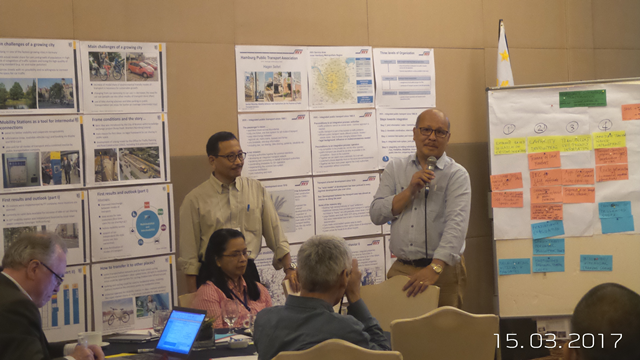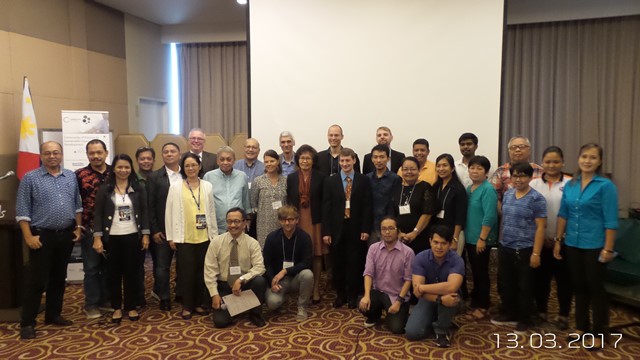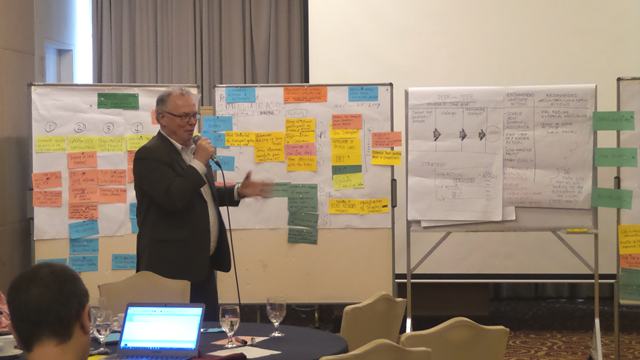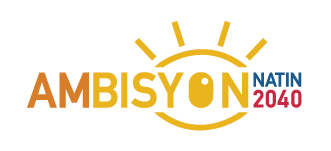
The NEDA Regional Office (NRO) VII together with the Connective Cities and the Metro Cebu Development Coordinating Board (MCDCB) conducted a local project planning workshop to incorporate Transit-Oriented Development (TOD) in the Urban Physical Framework Plan of the Cebu Metropolitan region. The workshop was held last March 13-15 at Harold’s Hotel, Cebu City.
The TOD refers to urban development that aims to integrate transportation and land use for easy and comfortable access to public transport and other sustainable modes of mobility. Its principles focus on issues relating to citizens mobility in their home-to-work-community environment. Connective Cities, on the other hand, is an international community of practice (COP) for sustainable urban development.

Members of Connective Cities who enthusiastically shared their valuable experience on TOD implementation were urban and transport planning/management practitioners from the German cities of Stuttgart, Munich, Hamburg, and Leipzig.
The local project planning workshop was initiated by NRO VII Regional Director Efren B. Carreon during the Connective Cities Asian practitioners’ workshop last September 2016 in Bangkok, Thailand, to address the challenges of steadily increasing population and very limited options for transport modes facing Metro Cebu.

The workshop identified the following areas that need to be addressed to achieve TOD for Metro Cebu: (a) governance/institutional transformation – transparent, coordinated, fair, law-enforcing institutions; (b) spatial transformation – compact, dense and mixed urban development; (c) improved transportation systems/networks/infrastructures – sustainable, reliable, cycling-friendly transportation systems; and (d) social transformation – participatory, engaging, compliant society/community.
To get insights on the transport systems of Metro Cebu, the workshop group visited the Mandaue City-managed Traffic Control Center, the cooperative-managed North Bus Terminal, the Cebu Province-managed South Bus Terminals and the privately-operated Ayala Public Utility Vehicle (PUV) Terminal.
The workshop participants included local planners from Metro Cebu member-LGUs, private sector, transport agencies and academe. Dr. Wicaksono Sarosa of Ruwang Waktu of Indonesia facilitated the workshop. The resource persons were from the Connective Cities headed by Dr. Manfred Poppe. After the site visits, they noted the advantages that Metro Cebu already has in terms of TOD.
Connective Cities is an international cities platform initiated by GIZ, the German Association of Cities and Engagement Global/Service Agency Communities in One World. It is an international community of practice that offers demand-oriented services to connect urban practitioners with each other to facilitate the practice-oriented exchange of experience. The community enables learning and planning innovative projects for sustainable urban development.
NRO VII
Photos by NRO VII
